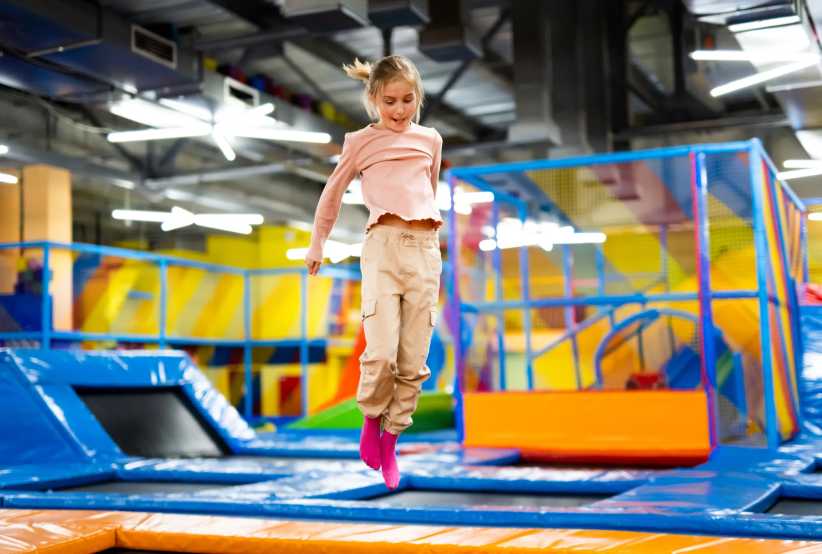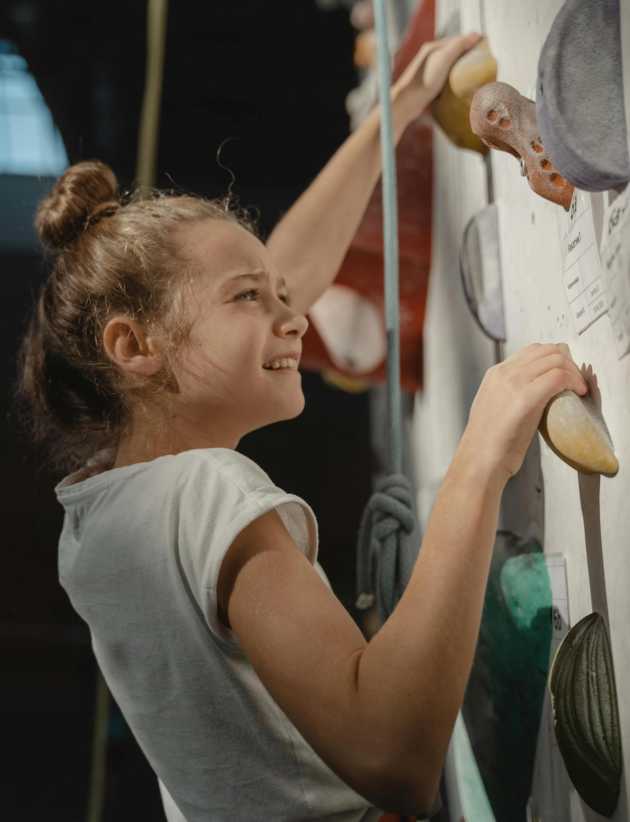
This past spring, I attended a gala celebration for the 20th Anniversary of Applause, which for the last two decades has been cultivating the joy and fun and art of performance—in musical theater, dance, and film—in children of (truly) all ages, from babies bobbing to show tunes on their parents’ laps to teenagers pushing themselves to be the best performers they can be. The gala, which attracted many present and former students and faculty, along with lots of parents who appreciate what Applause means to their children, was perfectly synced to the spirit of the organization, with lots of fun performances, a pervasive sense of appreciation, and a happy ending, of course (a really good dance party). To learn more about Applause at 20, I’ve had several conversations with its founder and guiding light, Audrey Kaplan, this year—one leading up to the gala and one more recently. The organization has never been more robust, now working with more than 1,500 children per semester, even as it begins to implement ambitious new initiatives with the potential to reach many more children.
The gala’s over, but the work continues—and I’d like to contribute “20 Things You Should Know About Applause: Past, Present, and Future.”
(1) Applause is not meant to be a star factory. It’s more like a community centered around supporting children with an interest in the performing arts, whether they have a seedling of an interest or a full-blown passion. So, yes (2) their alumni list includes some wonderful professional performers, and certainly children who are interested in becoming performers can (3) find the expert training they need there. But rather than being singularly dedicated to turning out future stars, it’s really committed to offering children a chance to enjoy performing and growing their talent amid a group of like-minded peers—not to mention (4) teachers who are professionals now, but were once eager children pining to perform themselves. (5) As if on cue, when I interviewed Kaplan in July, I was there coincidentally at the same time that one of her former students, actor Jed Resnick—who is now performing in “Avenue Q”—was working with children (and some adorable puppets) as part of Applause’s summer camp program.
(6) Kaplan too was a child who loved to perform, but for the longest time was thwarted from doing it onstage. “I lived down South when I was very young, and I literally would sing all the time in my backyard—my audience was the trees,” she says. “Then we moved to New York when I was 11, my parents put me in Horace Mann, and I’ve been told that I used to put on shows, like in the cafeteria, singing for everyone, but I have no memories of this.” What she still remembers, however, is the discouragement of never being able to perform in a play at school until she was a senior. Her salvation was (7) Stagedoor Manor, the legendary summer camp for performing arts. “I was 16 and had never done any formal theater before. I had done nothing, and I got the lead in one of the shows, and I remember I said to my parents: ‘I have talent, I’m being acknowledged.’ So Stagedoor was my home. I met my people. It was where I belonged,” Kaplan explains. At the Applause gala in March, program alums Sebastian Stan (known for roles in “Gossip Girl” and “Captain America: The Winter Soldier”) and Erich Bergen (a lead in the movie version of “Jersey Boys”) told similar stories of how Applause was their home away from home when they were growing up.

(8) As an adult, Kaplan found that, in addition to performing, she also loved to teach. The very short version of how Applause was born is that, as a teacher at PS 6 on the Upper East Side, Kaplan (no surprise) was noted for her 4th grade classes’ theatrical productions. (9) This led her to start Applause in 2005 for kids interested in taking weekend classes with her, and later, in 2000, after nine years as a New York City public school teacher, she took the big leap to focus full-time on growing Applause. (10) She was a new mom, too, so in addition to running afterschool and weekend classes for all the tweens and teens who were already part of Applause, she introduced (11) Broadway Babies—her iconic version of a parent & me class. Over the years, as her youngest students grew up, Applause grew to the point where they have (12) classes and programs for every age and stage of childhood. “It took almost 10 years for the babies to finally meet the teen program,” Kaplan says. “But I kept writing curriculum as they were getting older, and now, what’s so wonderful is I have some kids who literally started as babies. And they are in 11th grade now, and they have never left, not for one semester in 16 in or 17 years.”
(13) Here’s the overview of Applause offerings these days: For the youngest, in addition to Broadway Babies they have Rock-n-Roll Babies. There are also age-appropriate music and dance after-school classes for preschoolers. Beginning in Kindergarten and through grade 8, there are hour-long classes as kids “explore their interests.” (14) Starting with grade 4, Applause begins to offer longer classes for children who want to take their interest in performance to the next level; and starting in grade 5, offering weekend classes, which are four hours each. The weekend programs are divided by age between grades 5-8, and grades 9-12, and also by level, As and Bs. So there are “rites of passage” as students progress into older groups and higher levels.
(15) The weekday classes culminate in a combined “afterschool” show at the end of the semester—which is kind of like a massive recital—to show what the students have learned to their families. The dedicated four-hour-long weekend programs get their own shows—and, more to the point, the experience of being in a show.

Applause is still arguably best known for its musical theater education, but over the years (16) its dance programs and troupes have become very popular (especially hip-hop), and so have its (17) film classes, which culminate in a screening of the students’ work. “I don’t really believe in just technique, I believe that there must be some end product,” Kaplan explains. “So if you’re in the film class, you actually make a movie, go to a movie theater with your family, dress up, there’s a red carpet, there’s popcorn—it’s screened for all your friends and family, and then there’s even a talk back.”
(18) Applause also has a robust center in Westchester, NY, and this fall it’s opening one in Chicago. Kaplan has a few big dreams for the organization looking ahead. Over the years, Applause has given hundreds of scholarships, and this summer, with the help of some generous families, it started a summer camp with the noted charter school organization Democracy Prep. But what Kaplan really wants is to formalize efforts like that under a not-for-profit arm that (19) could work with schools and other community-based organizations on a much bigger scale, bringing Applause expertise and programming to many more students whose families couldn’t normally afford it. And there’s more: (20) With a not-for-profit status, she’d have a much better chance to purchase or lease a theater in order to establish a professional theater company, so that former students, teachers, and professionals would have a place to develop their work.
Years ago Kaplan decided to focus on teaching instead of performing, but in fostering a community of teachers, parents, and young performers, she has found the most enduring kind of applause—joy and fulfillment. Bravo!
To learn more about Applause, visit applauseny.com!






















